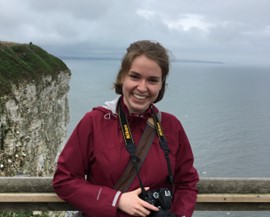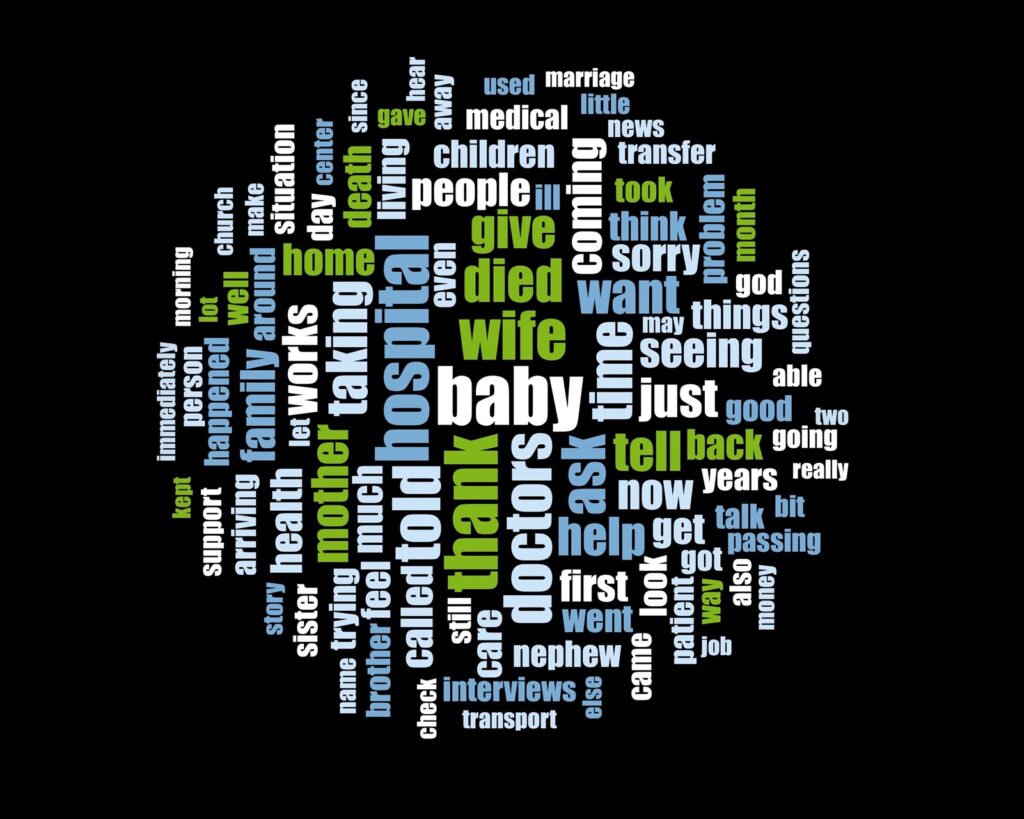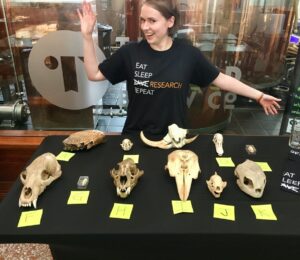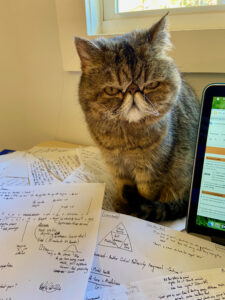
Hello again! It’s Maddie Metz, an MPH candidate in the Global Health concentration, with a practicum update!
I’m currently wrapping up my part of the project to publish the results of Dr. Adeyemi Olufolabi’s study on the impact of maternal mortality on male partners and their children. Dr. Olufolabi interviewed family members and male partners of women who died in childbirth in Rwanda.
As we got further into the analysis of the interviews, our project’s focus shifted to this loss’s long-term financial ramifications, the coping mechanisms utilized by spouses and family members, the larger effect on surviving children, the connection between gender roles and care-taking, and the perception of the medical establishment for future care. These topics are much more targeted than our initial broad questions as our study design relied on following the data that arose in semi-structured interviews instead of analyzing the answers to identical pre-specified questions.
One of the exciting parts of qualitative analysis is the unexpected directions the data can travel. Quantitative analysis is numerically-driven and is excellent for determining trends, correlations, and the “what” part of research. Qualitative analysis gets at the “why” questions, and provides a more open-ended forum to listen to the people behind the numerical conclusions.
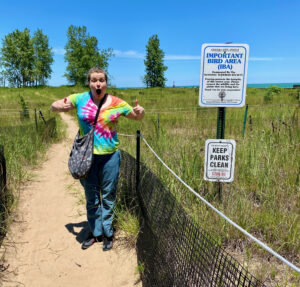
Madeleine

